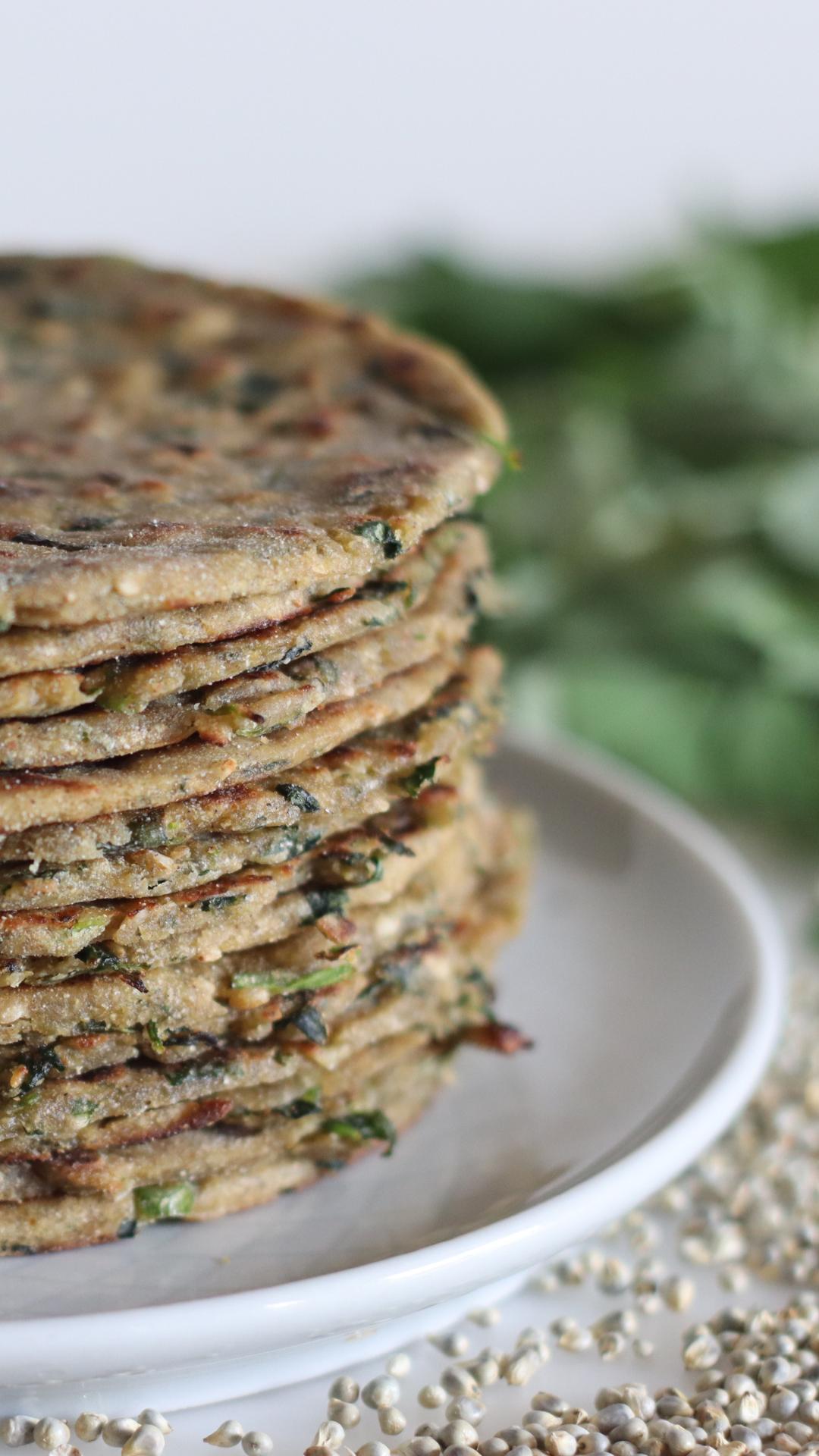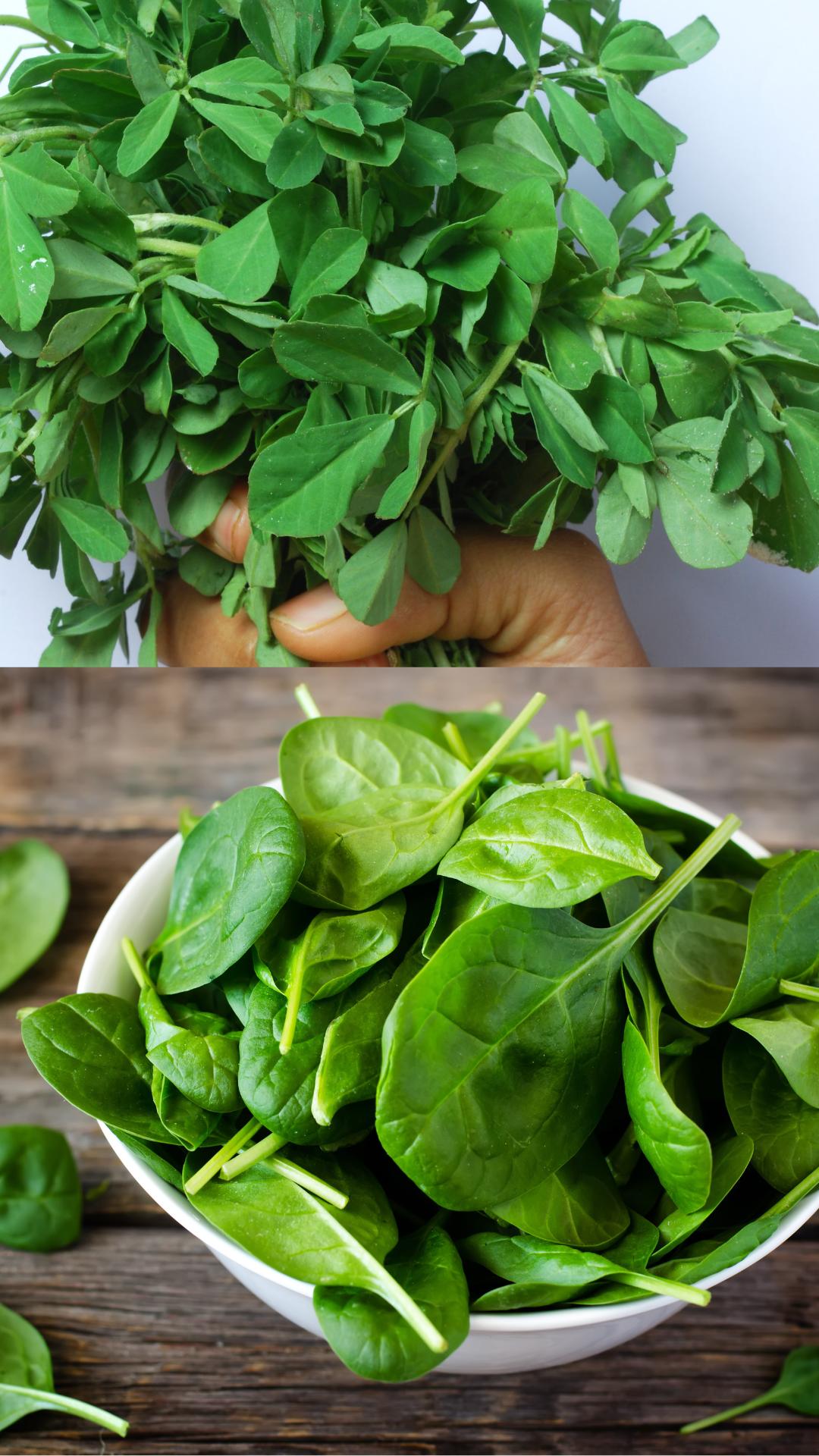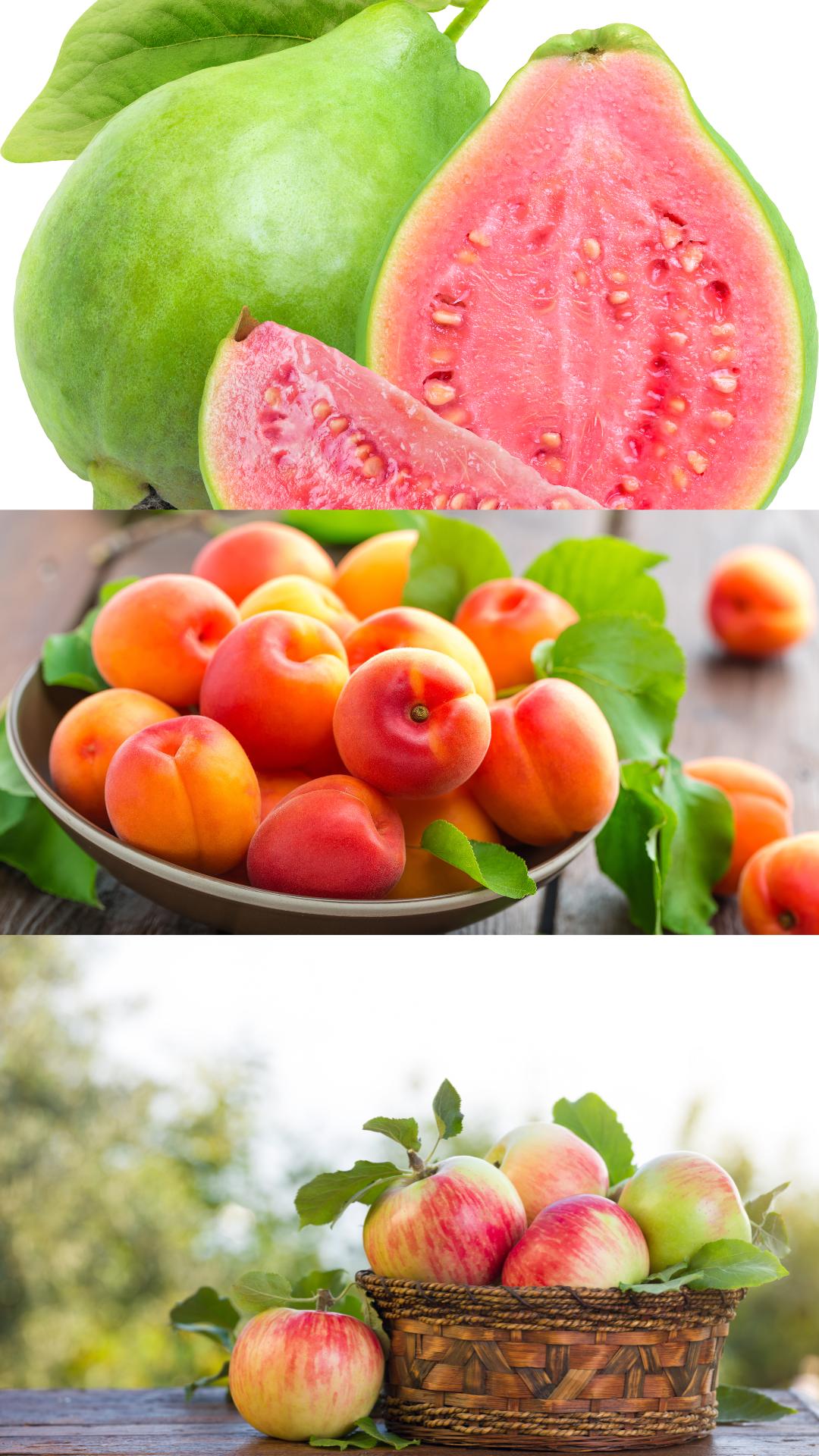
7 Winter Superfoods You Must Try
Celebrity nutritionist and bestselling author Rujuta Diwekar has shared a list of winter foods you must include in your diet.

Bajra
Have this wonder grain in bhakris, laddoos, khichdi, bhajani thalipeeths etc. Rich in B vitamins, it promotes muscle gain, boosts hair growth, she says.

Leafy Green Vegetables
Winter is the time for an abundance of palak, methi, sarson, pudina and especially green lasun. They are key anti-inflammatory foods.

Cold Season Fruits
Sitaphals (custard apples), peroos (guava), apples, figs, mulberries, strawberries. Enjoy them ripe, fresh and not juiced, They make for a good mid-morning or mid-afternoon mini meal. Rich in micronutrients, water and fibre, they help with the hydration of skin.
Til
Have plenty of til or sesame seeds in chiki, laddoo, chutney, seasoning. Or make dips and pastes using tahini (sesame paste). Rich in essential fatty acids, vitamin E, these seeds are good for bones, skin, hair.
Peanuts
Have peanuts boiled or roasted, turn them into a chutney, use them for seasoning salads and sabzis. Amongst the world’s healthiest foods they are rich in vitamin B, amino acids, polyphenols.
Ghee
Cook in ghee, add ghee to dals, rice, bhakris, bhatis, rotis. But not in excess because fats must be had always in moderation. Ghee is know for containing antioxidants, omega-3 fatty acids and vitamins.
Kulith
Horse gram or kulthi or kollu is another magical legume and can be made into a parathas, soups, dals, rasams etc. It prevents kidney stones, beats bloating, good source of protein, fibre and micro-nutrients. Try this recipe for horse gram: Horse Gram Rasam.